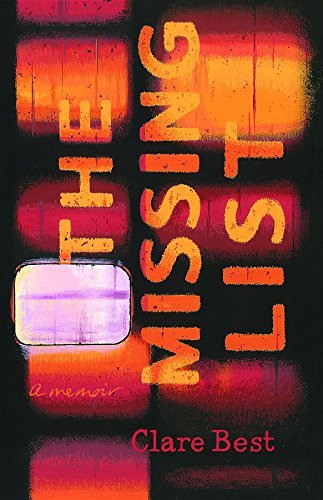What do you think?
Rate this book


A brave and beautiful memoir about one woman’s determined mission to expose family secrets and lies.
When Clare Best agrees to help her dying father record the story of his life, she knows time is running out. Will he finally reveal the truth before he dies?
Written as a patchwork of flashbacks, journal entries, descriptions of old ciné-film footage and idiosyncratic lists, the narrative has the drive and intrigue of a thriller.
182 pages, Kindle Edition
Published September 18, 2018